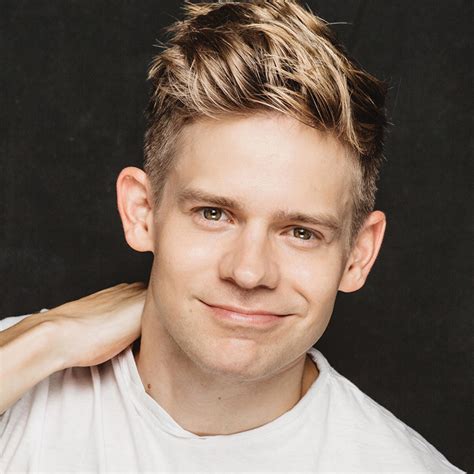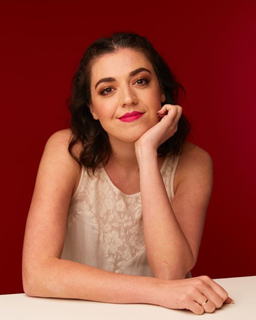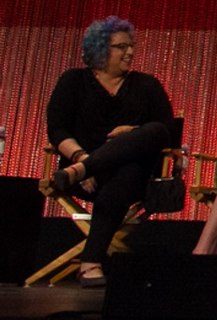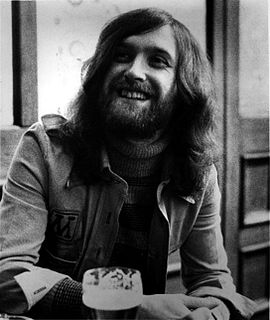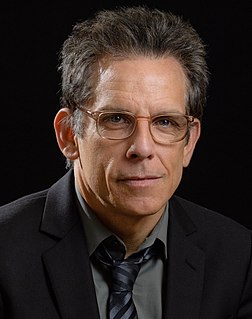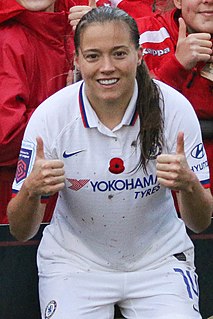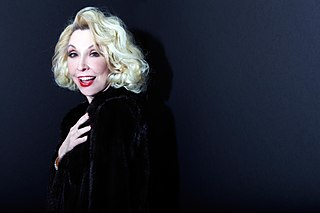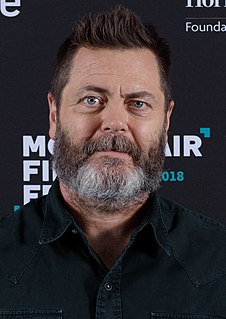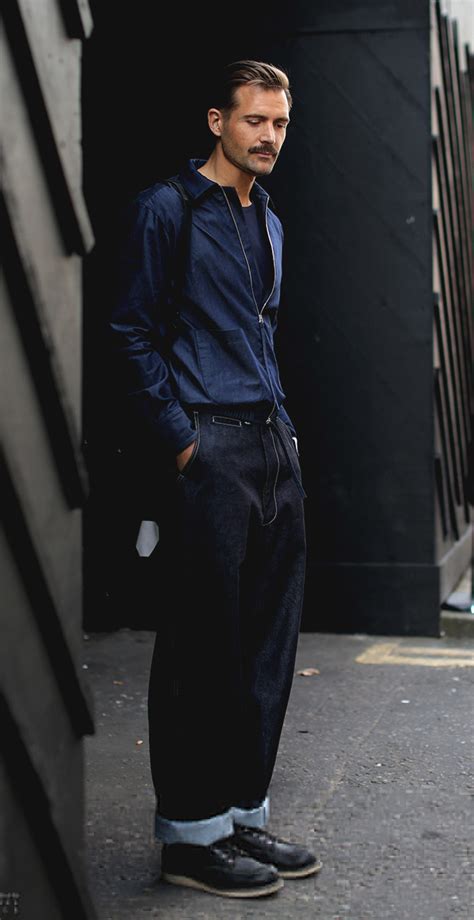A Quote by Andrew Keenan-Bolger
I think there's a weird stigma in the TV-film world that theater people can't be funny and understand subtlety, and I think that could not be more wrong.
Related Quotes
When you're on stage, you're playing to whoever is in the back of the room, and TV and film is so much more detailed and nuanced, but I think that's what I always wanted to do. As much as I love theater and musical theater and would love to do it again, I really love the subtleties of film and theater acting.
I think film is a world of directors. Theater is a world of actors. Or, theater is for actors as cinema is for directors. I started in theater. Filming is as complete as directing film. In theater, you are there, you have a character, you have a play, you have a light, you have a set, you have an audience, and you're in control, and every night is different depending on you and the relationship with the other actors. It's as simple as that. So, you are given all the tools.
With Dawn I was afraid people would just think it's a B-movie and I didn't know what I was doing. That's really what I was afraid of. Like the subtlety of the movie they would miss. If the movie succeeds, it's that people understand the subtlety. That they're able to see past the conventions of what they think a movie is and go a teeny bit deeper and let it be both.
I've never been funny. I don't think I'm funny. People say I'm funny. I go, 'No. No. I'm not.' But again, knowing what it means to film on a TV show and on film, you have to repeat, repeat, repeat. You have to do the same thing a number of times if you're filming a sequence. And to carry that energy in a comedic mode, would be a challenge that I really would frightfully scared, but I'd have to buck up and pull up my bootstraps and say, 'I can do this. Let's figure it out.'
I've always had a desire to be provocative and to make people think, but it wouldn't be any challenge for me just to be shocking. That is where it begins for me, not where it stops. And I could be much more shocking. I think I've adopted a sense of subtlety. I don't sit around wondering how I can make myself even stranger to the world. I've simply evolved into the monster I created, and I'm quite happy with it.
The first thing I say when people ask what's the difference [between doing TV and film], is that film has an ending and TV doesn't. When I write a film, all I think about is where the thing ends and how to get the audience there. And in television, it can't end. You need the audience to return the next week. It kind of shifts the drive of the story. But I find that more as a writer than as a director.
